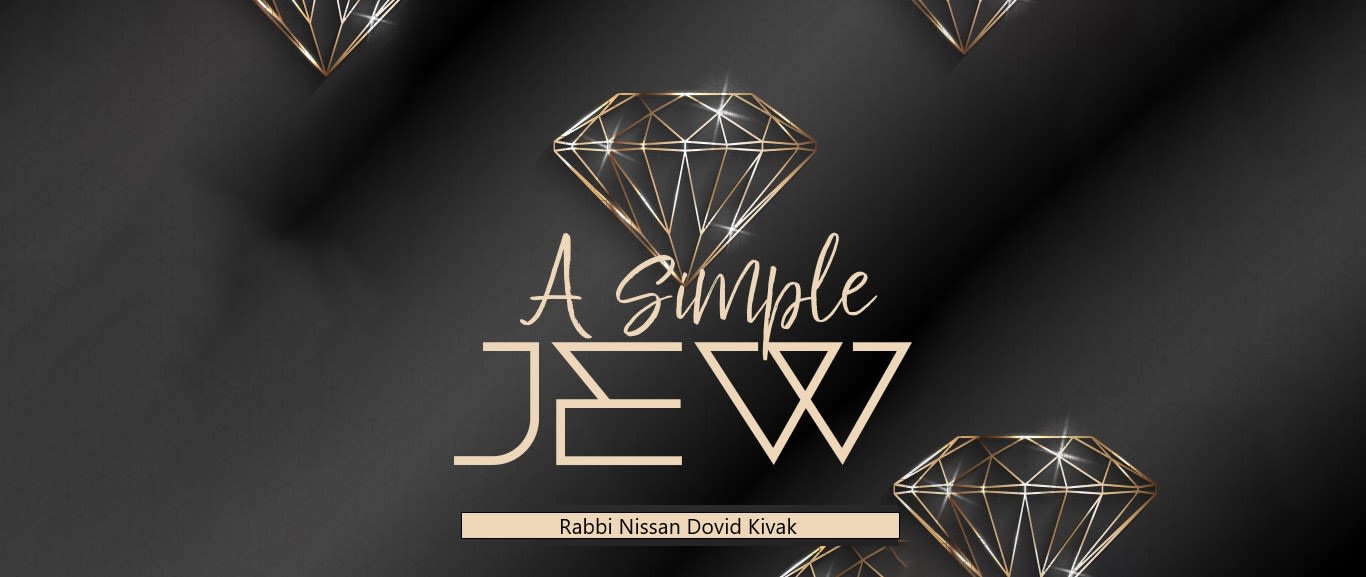
A Simple Jew
Is Rebbe Nachman in favor of learning Kabbalah? Why does he discourage us from praying with Kabalistic intent? Rav Kivak sorts things out for us...

Translated by Aaron Yoseph
Reb Nosson of Breslev was a true Kabbalist – his Likutei Halachot contain the whole of the Arizal’s writings, and bring down that awesome wisdom into practical advice that directs us and enthuses us with new life.
But sometimes a person wants to get something else from learning Kabbalah. It could be he’s learning without any intention or goal. Some people learn Kabbalah because they’re interested – they’re intellectual, they want to know the Torah, and this is part of the Torah. Some learn to gain prestige. There are many ways to learn Kabbalah in the wrong way.
The secrets of the Torah have fallen to the other side – practically this means that learning these things can actually draw us further away from Hashem and push us in the opposite direction of holiness. Instead of coming to more joy and enthusiasm in serving Hashem, a person becomes “wise” – he wants to understand, 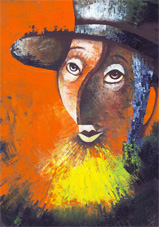 and to feel, to understand everything in the light of Kabbalah. He knows that he’s missing the inner light of things, and thinks that this is the way to get to it. But if not learned in the right way, Kabbalah can bring a person to a state where he can’t say anything before Hashem and just becomes more and more confused.
and to feel, to understand everything in the light of Kabbalah. He knows that he’s missing the inner light of things, and thinks that this is the way to get to it. But if not learned in the right way, Kabbalah can bring a person to a state where he can’t say anything before Hashem and just becomes more and more confused.
Some people say that Rebbe Nachman is clearly against learning Kabbalah and doing kavonot (intentions). We want to know how to relate to this correctly, and it is confusing. If the Rebbe would say clearly, “Don’t learn Kabbalah,” and that Likutei Moharan is just lots of deep, clever vorts (short lessons), fine. But the whole of Likutei Moharan is the deepest secrets of the Kabbalah. And so too Likutei Halachot. It seems like the Rebbe is tying our one hand to a horse on one side, and the other hand to one on the other side and then setting the horses running in opposite directions. Whoever learns Likutei Moharan comes to learn Kabbalah – and vice versa – they go together.
The gabai of Baba Elazar obs”m, R’ Dayan, who isn’t a Breslever, relates that once Baba Elazar would tell people who wanted to go to Uman for Rosh Hashanah to stay in Eretz Yisroel, but then he started to let people go. What happened to make him change his mind? When he got married, his father, Baba Meir, obs”m, gave him a copy of Likutei Moharan and told him “This sefer you learn only standing up.” He did so for many years. Once his sister was ill and he lit candles for the Rebbe, asking that in the merit of the candles the Rebbe should intercede on behalf of his sister. He came into his salon one day and saw the Rebbe sitting there. The Rebbe asked him why he was interfering with his Rosh Hashanah. From them on, he let people go.
The Zohar speaks many times about the importance of kavonot, and how this will bring us out of Exile. If the Rebbe wanted us to all be very simple, he could have written simple things for us, just like many other Chassidic sects have done. They have some nigunim (melodies), and that’s it, they purposefully keep things simple. But the Rebbe has written us Torah’s full of Kabbalah and the deepest secrets. What’s going on here?
People are so confused about this. For those who aren’t interested in learning don’t have any problems with this, but what about for those who do? And the Rebbe himself told us to learn the whole Torah every year – including the Zohar and Kitvei Ha’Ari!
Let’s get this clear. We lament about how the Torah has fallen to the other side. This is the problem we have nowadays, that people are confused and don’t know how to learn or what to learn. The comfort is the secrets of the Torah, that we can always find Hashem. The secrets of the Torah teach us that there is no despair. The Zohar brings us back to life – we can taste the sweetness of really being close to Hashem. Then we start to pray with kavonah and really live.
But the Torah has been given over to the other side – so one person wants to be a Mekubal, a Kabbalist, and the next one doesn’t know what he wants to be. Everyone’s confused. One person learned that you have to say, “Na Nach,” and another that you have to say, “Kukurikoo.” This one says that he’s a Rebbe, but the other guy isn’t – and the other one says the opposite. The whole world is confused. Some of the biggest problems are the people who feel that they know, that they understand, when really they are so far from understanding. The Rebbe teaches us the secrets of the Torah – how to find the wisdom, the meaning, in each thing, and how to do this simply. The Rebbe teaches us how to know that everything is for the good, how to pray, he teaches us that the correction of the higher worlds is all achieved by the greatest tzaddikim who are the real ones who unify the higher worlds with their intentions.
These are the deepest secrets of the Torah – how everything is Torah and how everything in our lives can be used as a vessel to bring us closer to Hashem. We need to cleave to the great tzaddikim who knew all this. They knew how the life of each of us is full of such secrets and corrects so much. When we think that we can’t serve Hashem by sanctifying our eating or other worldly actions – this is the Torah that has been given over to the other side. We have to do what we can.
Really, this Torah speaks for itself. To learn, yes, to be machaven, to actually intend to unify the Divine names – no. The Rebbe said that we should learn, but here, in regards to kavonos, he was talking to someone who wasn’t worthy of engaging in them. Of course there’s confusion nowadays about who is or isn’t worthy to be machaven, to pray with Kabalistic intent.
Today, we don’t know how to learn Kabbalah properly. This is problematic, because this is the sweetest part of the Torah, and the redemption depends specifically on learning this area of the Torah. When it comes to the revealed areas of the Torah, it’s easy to see if a person knows what he’s talking about. But when it comes to Kabbalah, it’s much harder to tell, and there are plenty of ignorant people whom it’s very easy to fool. There are many so-called ‘seforim’ written about Kabbalah which don’t have a word of Torah in them. Please beware!
Meanwhile, we should all learn the Zohar, even if we don’t understand it. But, one shouldn’t learn Kabbalah unless he has a teacher who is a recognized scholar by our generation’s spiritual leaders. Today, being a simple Jew – what Rebbe Nachman wants from us – is not so simple. A simple Jew clings to Hashem and His Torah; let’s first attain this level.



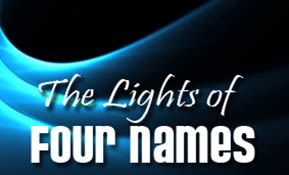

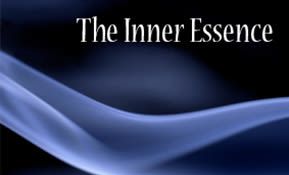

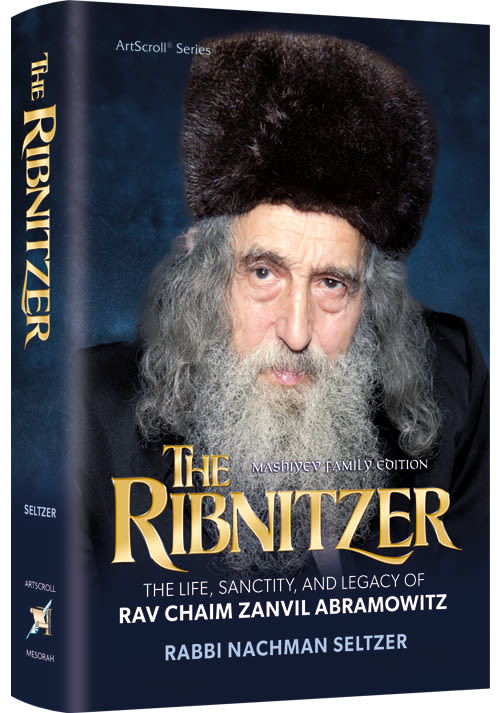


Tell us what you think!
Thank you for your comment!
It will be published after approval by the Editor.